Objective
Accurate troubleshooting and subsequent repair of electrical equipment is necessary in today’s sophisticated industrial environments to ensure continued efficient operation and productivity of the equipment. To develop a structured approach to electrical troubleshooting using common terminology and to provide troubleshooting methods and solutions for various electrical equipment and control systems problems. To develop a better understanding of various test equipment used in electrical troubleshooting.
- To develop a better understanding of various electrical equipment and control systems design, functionality and failure modes.
- To better understand work practices, which allow for successful troubleshooting including job plans.
- To provide examples of successful troubleshooting techniques and ‘hands on’ experiences plus case studies and group problem solving exercises.

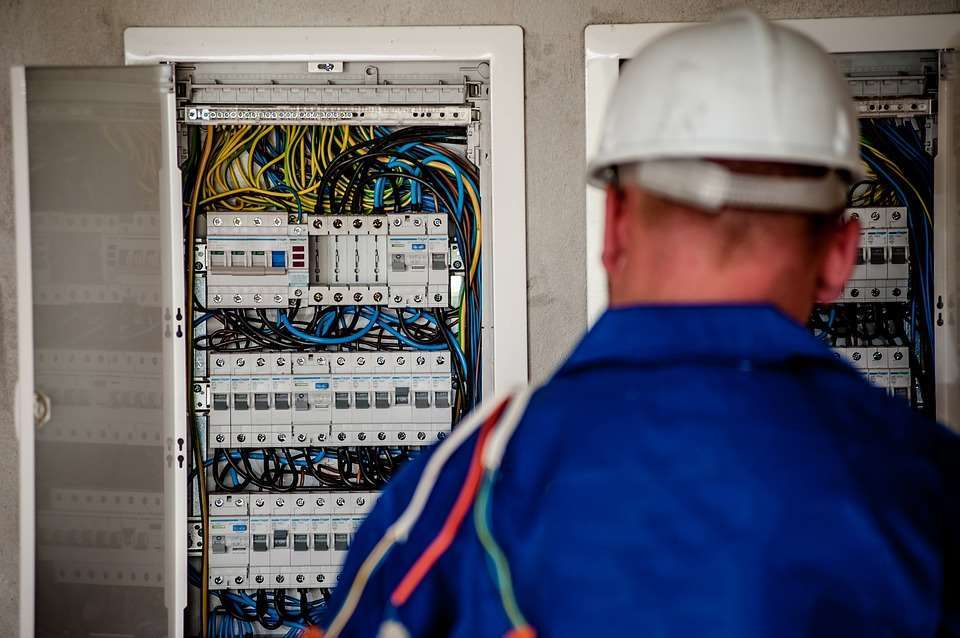

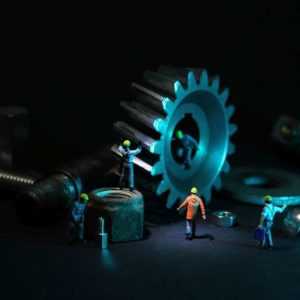
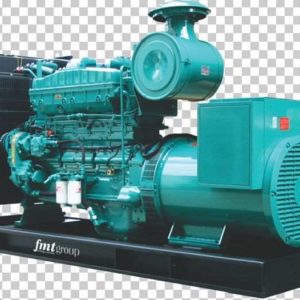
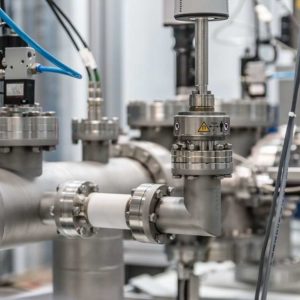
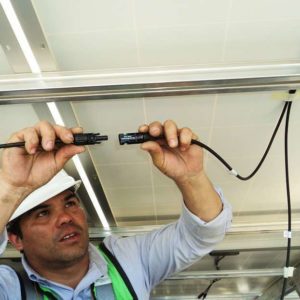
Reviews
There are no reviews yet.